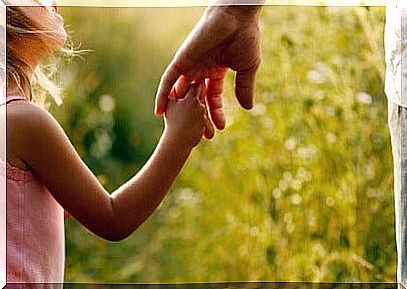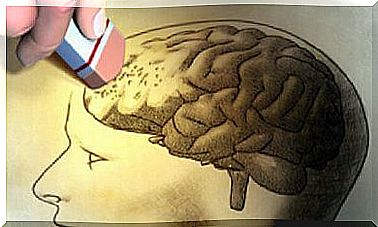Raising Emotionally Healthy Children

Educating means transmitting, showing and teaching our children what we consider important in life.
In the education of children we pour our values, our ideas and expectations, our habits, our way of seeing and living life.
We parents always want to give the best to our children, but we have to go beyond good intentions and put them into practice, then understand how to pass on the right values to them because we could make mistakes and compromise the education we would like for them.

To impose or to accompany?
There are different ways of educating children, as many as there are people. One of these ways is based on authority, imposition, punishment and obedience.
This method of education aims to “train children”, to transmit values to them through fear and authority. In most cases, minors obey, without learning and without thinking, just to avoid the negative consequences that would result from not doing what is asked of them.
However, in general there is also another educational approach, which focuses on respect and accompanying children in their developmental process.
Without a shadow of a doubt, this approach teaches, transmits and the minor understands the why of things, of the parents’ requests.
On several occasions, learning is based on experience, agreements and negotiations with parents. The goal is to strengthen the autonomy of children, so that they learn to be responsible even for small decisions and their consequences.
Are the rules and limits adequate?
Respecting and accompanying children in their growth does not mean that they will not choose their own education.
It is important not to forget that parents are always the engine and educational guide of their children, they are the ones who mark the educational path they want to show their children.
For this reason, it is important to clearly express norms and limits that define the margins of what we want to impart to our children because not everything is suitable for them and they must understand it.
How to teach respect?
It is also important to be clear about what we want to teach our children, so we need to know our life values thoroughly, in order to pass them on with a certain certainty and consistency.
In this sense, education becomes a transmission of values, through the rules and our daily habits, clarifying what we consider right and what not.
Teaching values is a spontaneous and natural thing, which is transmitted from generation to generation through observation, imitation, and above all non-verbal language.
This means that, in addition to explaining what we want and what we expect from our children, it is good to make them understand it with our attitudes, our emotions and feelings, approval or not and the consequences that derive from it.

Self-confident parents, emotionally healthy children
Children grow up emotionally healthy when they learn to live life according to their own experience and with the support and support of their parents; when they learn to resolve conflicts and cope with difficulties, as their parents have taught them.
When children become teenagers and then adults, they will decide what to do with everything they have learned, but there is no doubt, a good education will be their best baggage in life.
The most self-confident children are those who have grown up thanks to the communication and trust of their parents, those who have understood why their parents have transmitted certain life values to them and have accompanied them during their growth and autonomy, teaching them to manage emotions such as frustration, anger, envy and jealousy.
Strength and support must be given to children as regards their progress, their goals, their abilities, skills and potential. We must always show the love and affection we feel for them.








